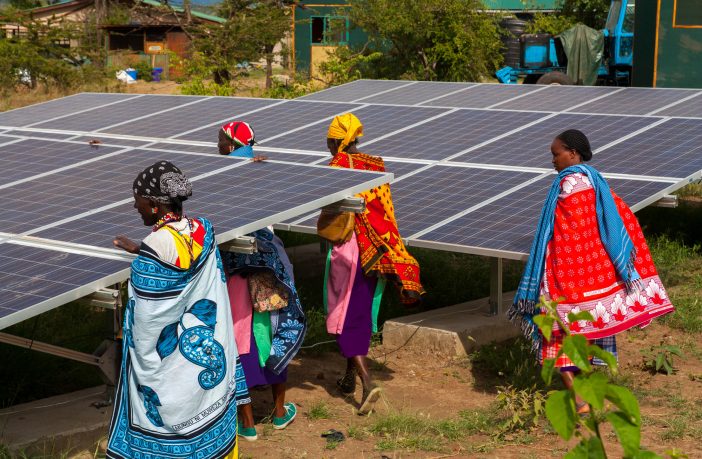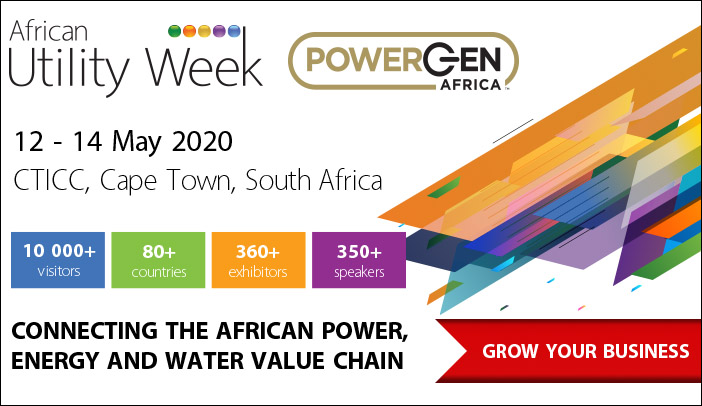- Over 3,000 mini-grids are expected to be built by end-2022 in Africa and Asia, according to a new report, Mini-grids for Village Electrification: Industry and African & Asian markets analysis – 2020 Edition, issued by Infinergia.
- The research company analysed the recent developments of this market in over 20 African and 11 Asian countries.
- 2019’s announcements confirm the place of mini-grids as a complementary solution to solar home systems in the electrification process of remote populations.
The report noted that national policies (e.g. Kenyan Energy Act or Ethiopian National Electrification Program) and private initiatives (e.g. Tata’s announcement for 10,000 new mini-grids in India) give high expectations for this market.
However, field installations are not following as fast as public announcements. Less than 150 new installations have been announced as completed in 2019.
Compared to the published tenders and announcements made from 2016 to 2018 many projects are still pending or in construction while some of them are cancelled due to regulatory delays in some countries.
On a positive note, the report highlighted that a new type of mini-grid is gaining momentum–containerised and standardised solutions. “They answer to a real need of easiness of installation and reliability,” states the report.
Infinergia says it has made an in-depth analysis of the current offers and associated projects. Mini-grids are local electrical networks (sized between 10kW and 10MW), powered by one or several generation sources such as photovoltaic panels, diesel generators and storage that can provide electricity 24/7 to multiple customers usually at a village size at a competitive price.
They are completely off-grid – disconnected from the national grid – in contrast with microgrids (more common in western countries)
Author: Babalwa Bungane
This article was originally published on ESI Africa and is republished with permission with minor editorial changes
Solar mini-grids will be a hot topic at the African Utility Week & POWERGEN Africa conference and exhibition taking place 12-14 May 2002 at the Cape Town International Convention Centre (CTICC), Cape Town, South Africa.


















2 Comments
Just put a proposal to Nigerian government for a “power station in a box”. Would this be of interest. Happy to discuss.
Can we talk about that?
And what are the requirements?